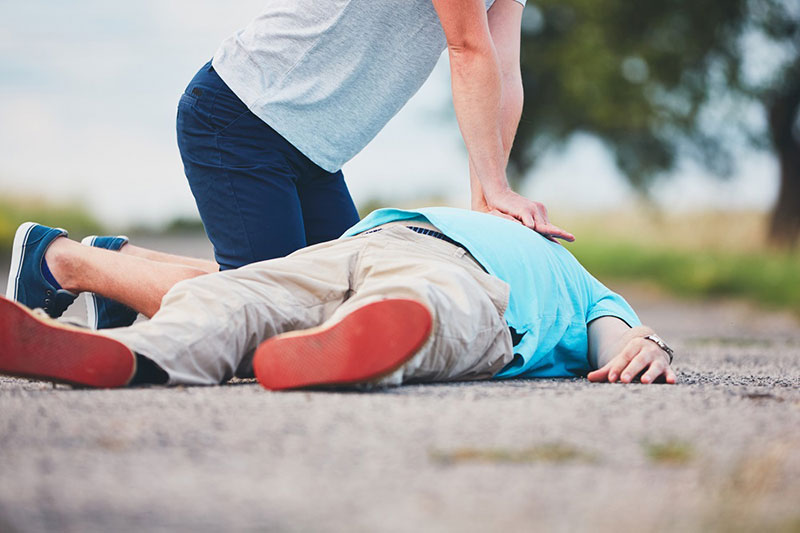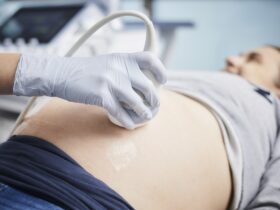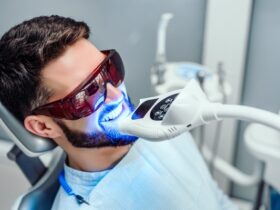Cardiac arrest, or cardiopulmonary arrest, happens when the heart starts beating slowly or when it stops beating suddenly due to respiratory failure, heart disease, or even electric shock, for instance.
Before the cardiac arrest, the person may experience severe chest pain, shortness of breath, pain or tingling in the left arm, and strong palpitations, for example. Cardiac arrest represents an emergency that can lead to surgery which can be done with cardiac surgery tools or death within minutes if it is not treated quickly.
Main Causes
In cardiac arrest, the heart suddenly stops beating, which interferes with the transport of blood to the brain and other parts of the body, which can be fatal. Cardiac arrest can happen due to:
- Electric shock;
- Hypovolemic shock;
- Poisoning;
- Heart disease (infarction, arrhythmia, aortic dissection, cardiac tamponade, heart failure);
- Stroke;
- Respiratory failure;
Cardiac arrest is more common in people with heart problems, chronic lung disease, smokers, diabetics, obesity, high cholesterol, high triglycerides, or unhealthy lifestyle and inadequate diet.
Thus, it is essential to go to the cardiologist periodically to check the heart’s health and start any treatment if necessary. Learn more about what can cause cardiac arrest.
Symptoms Of Cardiac Arrest
Before a person has a cardiac arrest, they may experience:
- Severe pain in the chest, abdomen, and back
- Severe headache
- Shortness of breath or difficulty in breathing
- Rolling out the tongue, presenting difficulty in speaking
- Pain or tingling in the left arm
- Strong palpitations
Cardiac arrest may be suspected when the person is found unconscious, does not respond when called, does not breathe, and has no pulse.
How The Treatment Is Done
The initial treatment for cardiac arrest is to make the heartbeat faster, which can be done through cardiac massage or a defibrillator. This device emits electrical waves to the heart to do to hit again.
When the heart beats again, it is necessary to do tests that show what caused the cardiac arrest so that, thus, it can be treated and prevented a new cardiac arrest. In some cases, it may be necessary to implant a pacemaker or even an ICD (implantable cardioverter-defibrillator), small devices that reduce or reverse cardiac arrest. Learn more about pacemaker placement.
To decrease the chance of suffering a cardiac arrest, the person must take heart medications regularly, have a healthy lifestyle and avoid stress.









